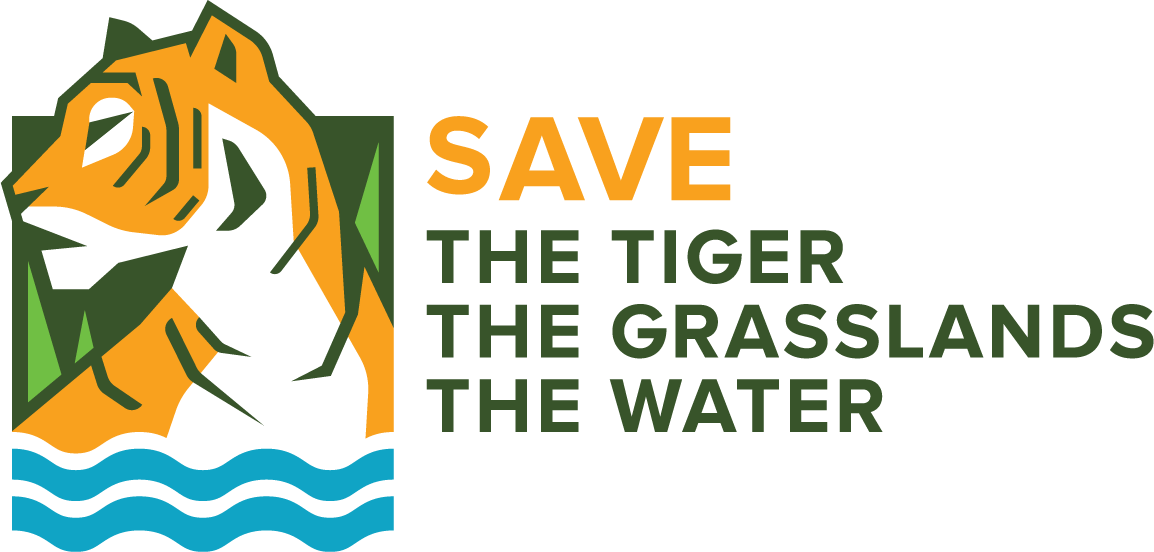Matteo Sciumbata
WP 7: Effects of hydrology and management on food production and -quality for deer
My name is Matteo Sciumbata, and I am a PhD candidate at the Vrije Universiteit Amsterdam. I hold a BSc in Natural Sciences and a MSc in Ecology and Evolution. During my MSc, I worked on fine root production – a main carbon sink within the global carbon cycle – in the tropical peatlands of the Congo Basin. During my PhD, I moved northwards to the sub-tropical latitudes that characterize the monsoonal climate of Nepal. In this area of the world, I investigate the nutrient exchange (e.g., nitrogen, phosphor) between primary producers, primary consumers, and soil.
My PhD focuses on the chemical quality and production of understory plant species as food for deer in Bardiya National Park (BNP), Nepal. In Nepal, deer are the prey base for tigers, an endangered species worldwide. To sustain a viable tiger population, a sustainable deer population is crucial. Deer species rely on a large variety of forage to meet their energy requirements for survival and reproduction throughout a year. But a clear picture of the deer’s diet and its adjustment through seasonal changes is currently lacking. Thus, in my PhD I use a combination of observational and experimental data to study the nutritional requirements of deer throughout seasonal changes in BNP. In the field, I will collect trait-based data comprising production and chemical quality of understorey plant communities linked with deer herbivory in four main habitat types (riverine forest, phanta (grassland), mixed hardwood forest and sal forest). Furthermore, this knowledge could inform park management entities aiming to ensure a viable prey and tiger population in Nepal and beyond.
This study is based on extended field campaigns that are crucial to gather data on plant traits such as nutrient content, deer feeding behavior and soil nutrient content. I visited the field in November 2022 for the first time. During that period, I explored and collected preliminary data in the magnificent landscape I will work on throughout my PhD. But science is not only about data, and I was lucky to meet a friendly and supportive field team in Nepal that feels like my extended family when I am far away from home.

